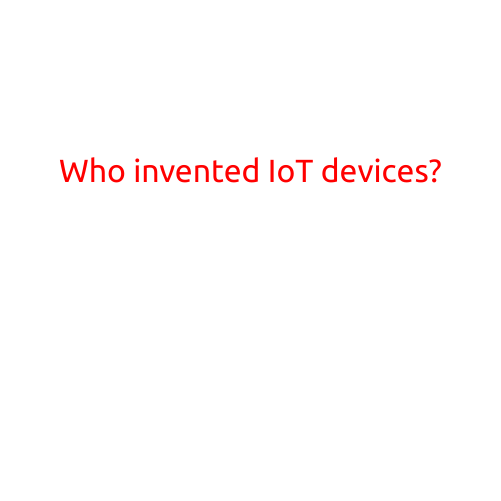
Can You Computer Peripherals?
In today’s digital age, computer peripherals have become an integral part of our daily lives. From printers and scanners to headphones and webcams, these devices enable us to work, communicate, and entertain ourselves with greater ease and efficiency. But have you ever stopped to think about the impact of using so many different devices on your computer?
In this article, we’ll explore the world of computer peripherals, examining what they are, what they do, and how they can affect your computer’s performance. We’ll also provide some tips on how to optimize your peripherals for maximum functionality and efficiency.
What are Computer Peripherals?
Computer peripherals are devices that connect to a computer and perform specific functions, such as inputting data, printing documents, or providing entertainment. Examples of common computer peripherals include:
- Keyboards and mice for inputting data
- Printers and scanners for outputting documents
- Headphones and speakers for audio output
- Webcams for video conferencing and chat
- USB drives for storing and transferring data
- External hard drives for data backup and storage
How Do Computer Peripherals Affect Your Computer’s Performance?
Computer peripherals can have a significant impact on your computer’s performance, for better or for worse. Here are a few ways in which they can affect your computer:
- Processor Load: Some peripherals, such as scanners and printers, can use up a significant amount of processing power, slowing down your computer’s performance.
- Memory Consumption: Peripherals like video capture cards and USB drives can consume large amounts of memory, using up valuable system resources.
- Network Congestion: If you have multiple devices connected to your computer via USB or wireless connections, it can lead to network congestion and slow down your computer’s performance.
- Security Risks: Peripherals can also pose security risks, especially if they are not properly secured or updated.
Tips for Optimizing Your Computer Peripherals
To get the most out of your computer peripherals and avoid any potential performance issues, follow these tips:
- Choose the Right Peripherals: Make sure you select peripherals that are compatible with your computer and operating system.
- Update Your Peripherals: Regularly update your peripherals to ensure you have the latest security patches and features.
- Prioritize Your Peripherals: Identify your most frequently used peripherals and prioritize their placement on your computer.
- Monitor Your Peripherals: Keep an eye on your peripherals’ CPU usage and memory consumption to ensure they’re not slowing down your computer.
Conclusion
Computer peripherals are essential tools that can enhance our productivity, creativity, and entertainment experience. By understanding how these devices work and taking steps to optimize their performance, you can ensure they work together seamlessly and efficiently with your computer. In the next article, we’ll explore more advanced topics in computer peripherals, including how to troubleshoot common issues and integrate new devices into your computing setup. Stay tuned!





